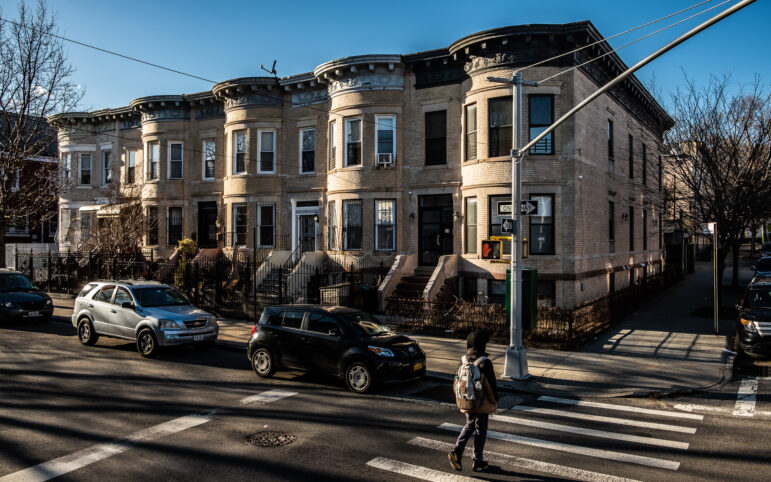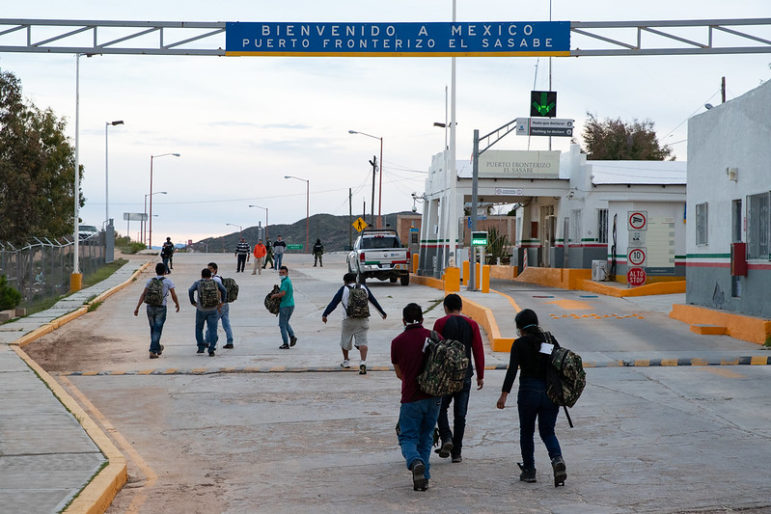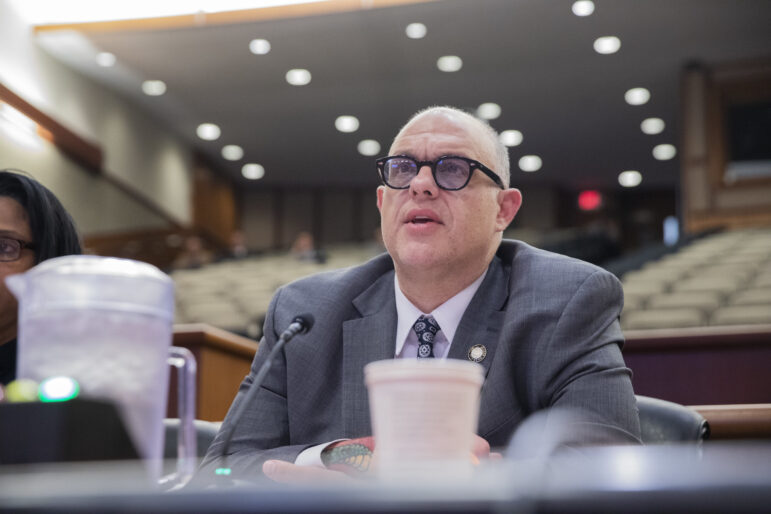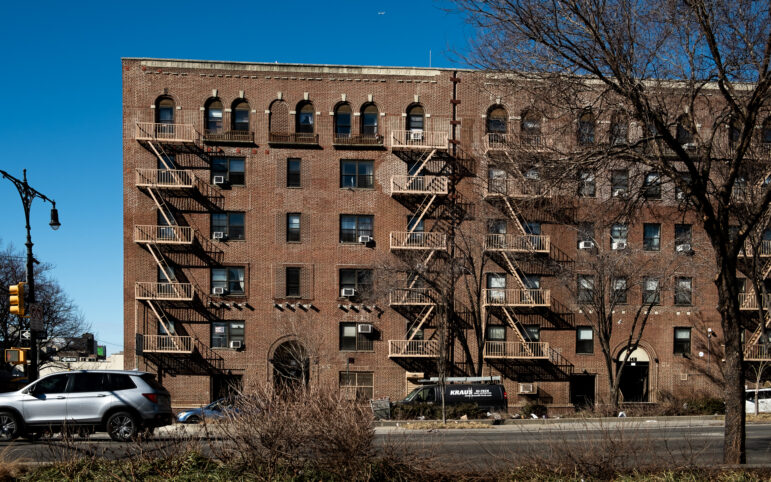“The warranty of habitability is implied in all New York residential leases, which means that all landlords—including NYCHA—are responsible for making sure apartments are livable and safe, and prolonged gas, heat, and electricity outages run counter to that duty.”
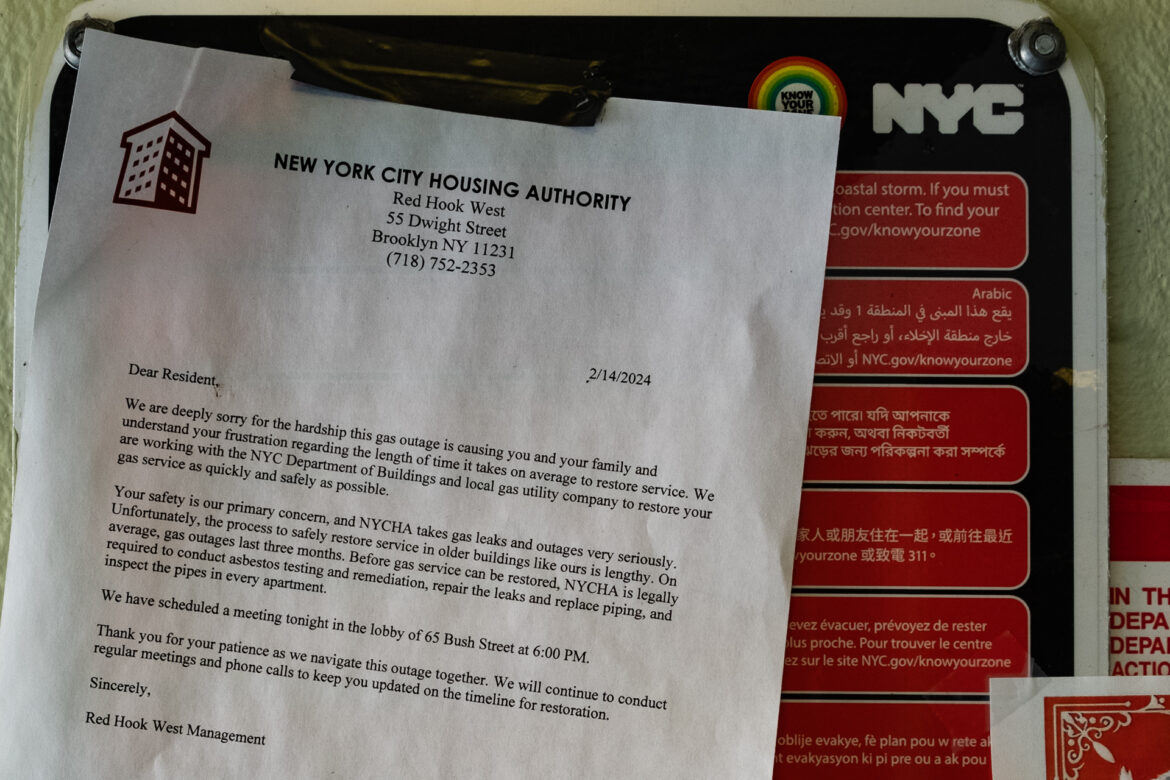
Adi Talwar
A letter about the gas outage in a NYCHA Red Hook West building, where some tenants have been without cooking gas since Jan. 24.A large cement truck drove through Red Hook West Houses the morning of Jan. 24. Moments later, emergency vehicles descended on the NYCHA development. “One of the construction workers hit something,” Red Hood resident Andrea Mcknight reported. That “something” turned out to be a gas line. To this day, gas service hasn’t been restored.
For the 113 Red Hook West households who depended on that gas line, fresh home cooked meals haven’t been an option since that January morning. Instead, residents trek to the deli, weather the surge in food expenses, and complain to an unresponsive management office. But this is not new. For NYCHA residents across the city, adjusting to utility disruptions has long been par for the course.
Now, we have the numbers. As law students—in collaboration with Red Hook Community Justice Center (RHCJC)—we’ve spent the last year investigating whether New York law protects public and private tenants equally. Our analysis of the implied warranty of habitability—a particular part of the law—shows that public tenants aren’t as protected as they should be. We also requested data from NYCHA to zoom in on one piece of this puzzle: gas outages. Two data points illustrate the severity of the issue.
Between October 2017 and March 2024, there were 1,323 gas outages in NYCHA buildings (excluding currently pending outages), affecting 32,874 apartments. In 2023, 182 outages affected 5,239 apartments, which was slightly down from the year before, when 212 outages affected 5,887 apartments. The situation is particularly dire in NYCHA developments in Brooklyn and the Bronx, which together account for about 20,000 of the total affected apartments in the last six years.
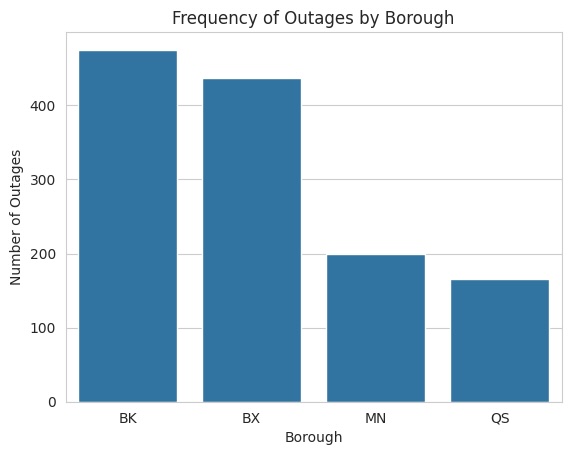
Vrinda Bhat
Moreover, these outages too often take months to be resolved. Of the 1,323 outages captured in this data, 448 lasted for over 100 days. The longest was at the Wagner Houses in East Harlem, where tenants were left with a single hot plate for nearly two years from June 18, 2022 until March 1, 2024, when repairs were completed.
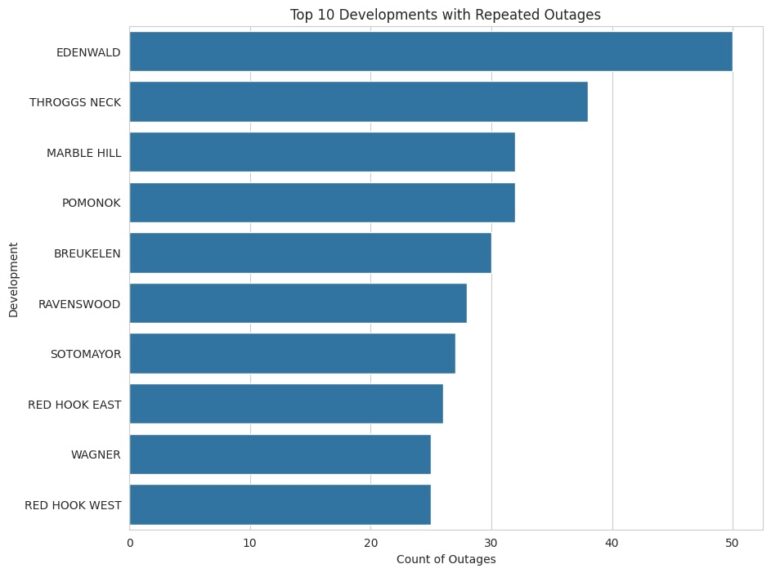
Vrinda Bhat
On average, these gas outages last 89 days, often with little to no communication from NYCHA property management about the gas line repair progress. NYCHA routinely refuses to provide tenants with notices or posted updates about utility service restoration even though a City Council law, Local Law 47 of 2015, requires all landlords, including public housing, to do so.
Every day without heat, cooking gas, or electricity is another day when devoted children, parents, and caretakers are forced to pay out of pocket to provide the bare essentials for their loved ones.
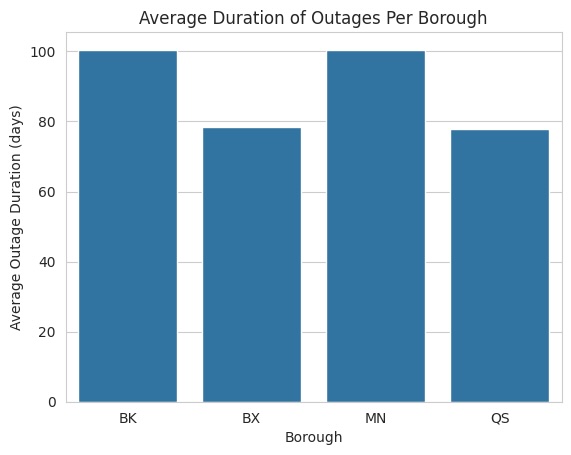
Vrinda Bhat
State officials can provide crucial help to NYCHA tenants by amending New York State’s Public Housing Law. The NYCHA Utility Accountability Act (A2573/S546), which is currently pending in the New York Assembly Housing Committee, would reduce the rent tenants have to pay during outages.
The act would require that NYCHA credit tenants with either 10 percent of their rent, or $75 per month—whichever is higher—on a prorated basis for each day of a utility outage. This means, instead of paying for an apartment without utilities, residents can buy food for their families when their stove doesn’t work. Private landlords negotiate with tenants on rent during building utility outages, and this bill would cut through NYCHA’s bureaucracy to permit similar relief.
NYCHA has a responsibility for making sure tenants have essential utilities. The warranty of habitability is implied in all New York residential leases, which means that all landlords—including NYCHA—are responsible for making sure apartments are livable and safe, and prolonged gas, heat, and electricity outages run counter to that duty.
Outages in NYCHA developments across the city are unacceptable, and the thousands of tenants living in these houses without utilities deserve better. The New York State legislature has the opportunity to ease the burden on these residents: pass the NYCHA Utility Accountability Act.
Stephen Kpundeh and Janhavi Nemawarkar are students in the Community Advocacy Lab at Columbia Law School.
Want to republish this story? Find City Limits’ reprint policy here.


